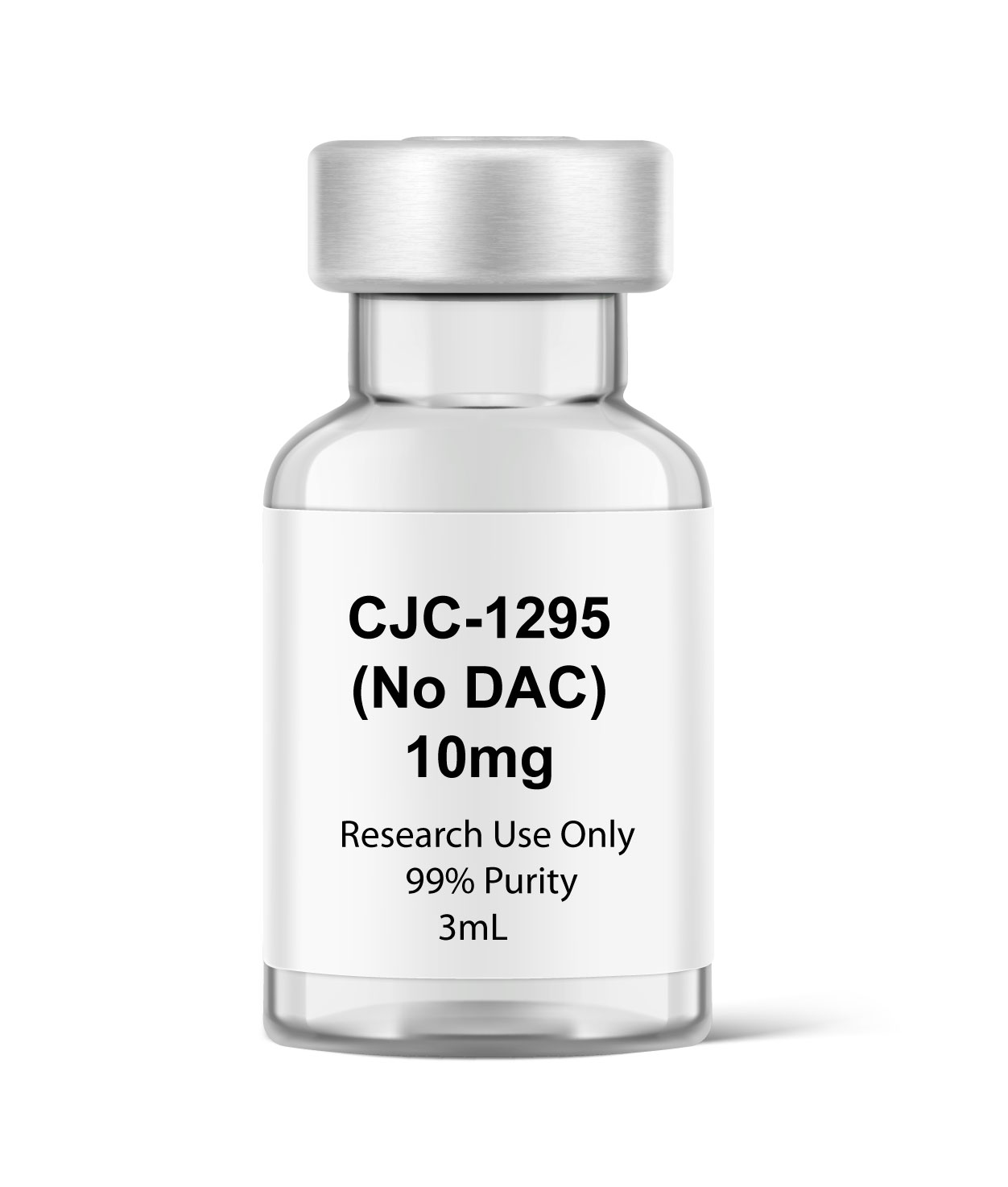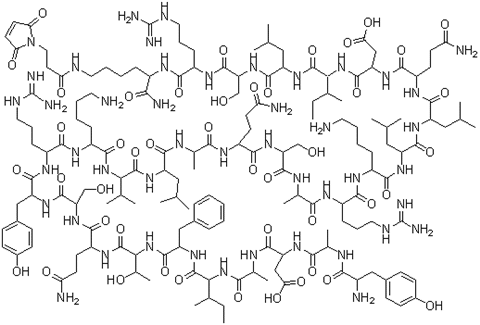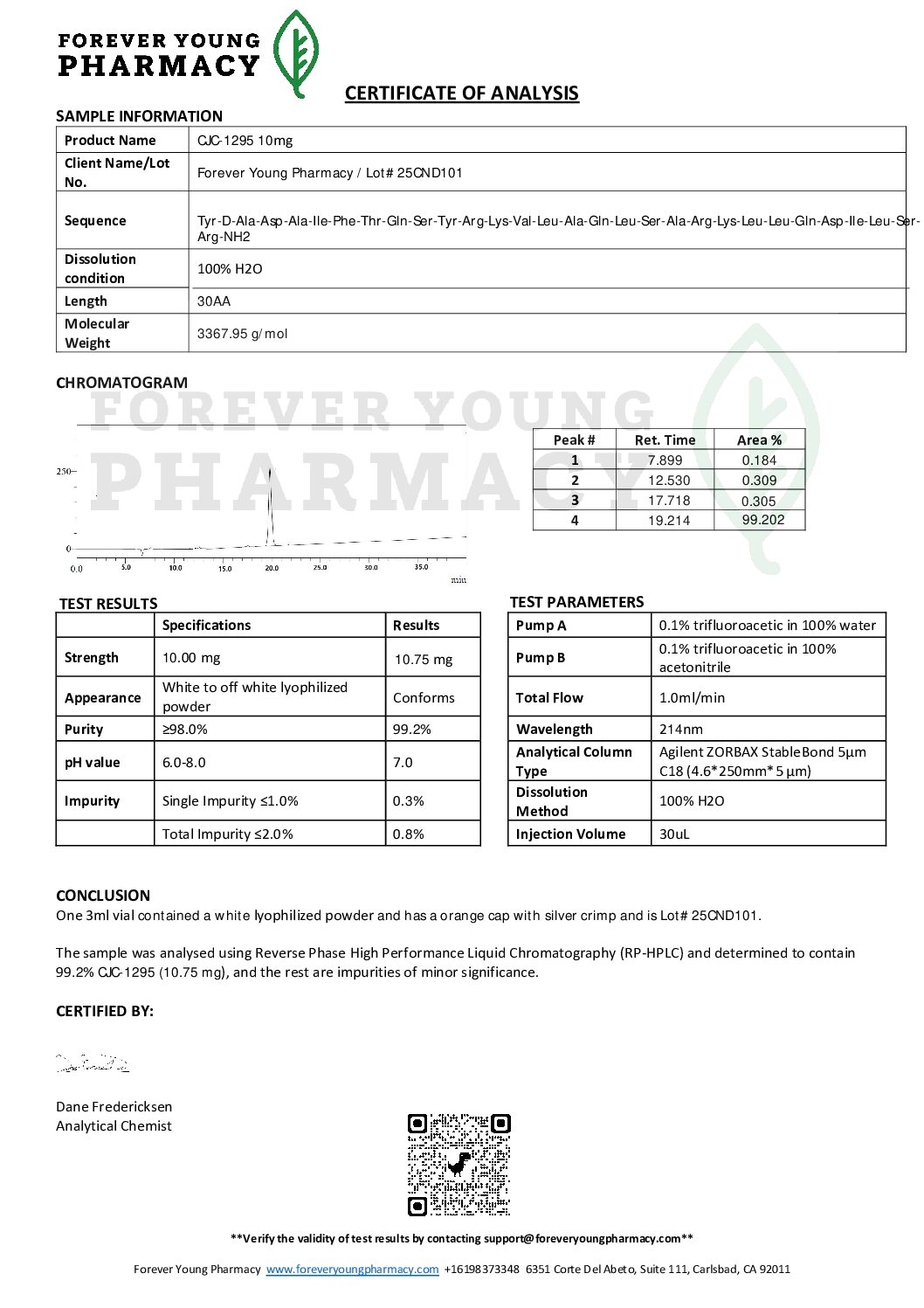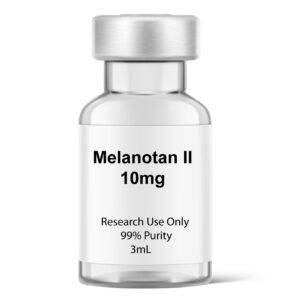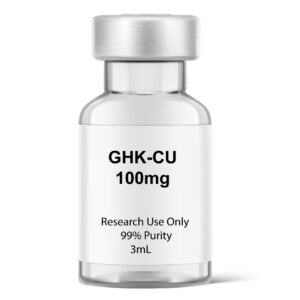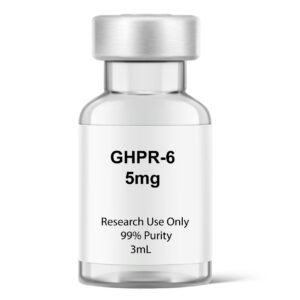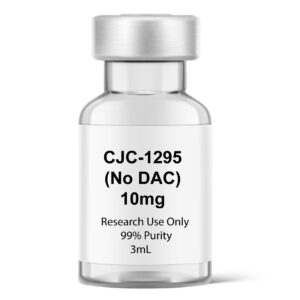Introduction to CJC-1295 with DAC
CJC-1295 with DAC is a synthetic peptide analog of growth hormone-releasing hormone (GHRH), designed for use in controlled laboratory research. As a modified version of endogenous GHRH, it has been studied for its role in stimulating the secretion of growth hormone (GH) through interactions with the pituitary gland.
The addition of Drug Affinity Complex (DAC) to CJC-1295 significantly increases its half-life, enabling prolonged activity in vivo as observed in preclinical models. This extended duration allows for sustained GH release in laboratory research settings, offering a practical advantage for researchers examining long-acting GHRH analogs.
CJC-1295 with DAC has been the subject of numerous studies evaluating its pharmacokinetics, stability, and potential influence on endocrine signaling. While some interest has emerged from fitness and hormone-focused communities, this compound is not approved by the FDA for medical, diagnostic, or therapeutic use, and should only be used in scientific research conducted by qualified professionals.
Mechanism of Action
CJC-1295 with DAC functions by binding to GHRH receptors located in the anterior pituitary gland. This interaction may promote the release of growth hormone (GH) in research models, leading to downstream effects involving insulin-like growth factor 1 (IGF-1) production by the liver.
The DAC modification extends the half-life of the peptide by enabling binding to serum albumin, thereby reducing rapid degradation. This results in more stable plasma levels in animal studies and may allow for less frequent dosing in experimental protocols.
In laboratory settings, this prolonged activity has facilitated studies on the peptide’s influence on metabolic processes, tissue repair pathways, and hormone regulation. Researchers continue to explore its applications in understanding growth hormone dynamics and endocrine health.
Key Research Areas
In research environments, CJC-1295 with DAC has been studied for its potential roles in:
Supporting investigations into GH/IGF-1 axis modulation
Evaluating models of metabolic efficiency and body composition
Examining age-related changes in hormone secretion
Analyzing tissue regeneration and protein synthesis pathways
Understanding the impact of prolonged GHRH analogs on physiological systems
While early findings from controlled studies may suggest possible effects on muscle recovery, fat metabolism, and other outcomes, CJC-1295 with DAC is not authorized for use in humans or animals outside of research settings. It remains an investigational peptide.
Research and Development Uses
Ongoing studies continue to examine the pharmacological characteristics of CJC-1295 with DAC, particularly its potential in supporting the understanding of:
Growth hormone deficiencies in controlled experimental models
Long-term peptide stability and receptor affinity
Endocrine responses to prolonged GHRH stimulation
Hormonal feedback mechanisms and regulatory systems
Any exploration of this compound should remain strictly within laboratory or preclinical research settings under institutional review and guidance. No claims should be made regarding its effectiveness or safety in treating human conditions.
Certificate of Analysis

